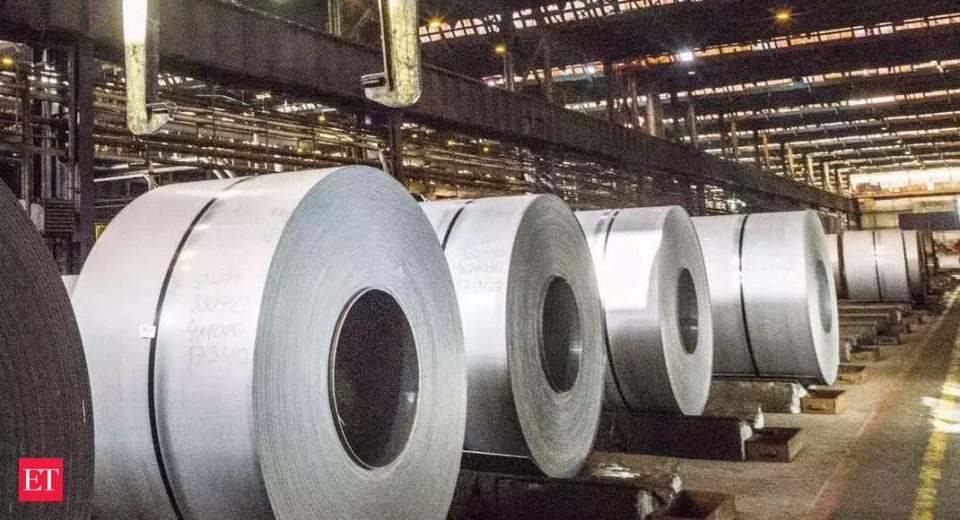In the domestic market, prices of hot-rolled coil (HRC) in the first week of March were in the range of Rs 68,000-69,000 a tonne against Rs 65,500-66,500 tonne in the previous week; while for cold-rolled coil (CRC), at Rs 73,000-74,0000 a tonne as compared with Rs 71,000-72,000 tonne in the preceding week, he said.
“The conflict has impacted the movement of raw materials as well as goods. There is a good demand for steel. We anticipate these two factors will further improve the prices,” he said.
According to industry figures, before the conflict between Russia and Ukraine began, the oil prices stood at USD 90 a barrel. The rates are now trading near 120 USD a barrel and there is a projection that it would reach USD 180 a barrel in a few days.
As oil prices have gone up, freight rates of cargo ships, which currently stand at USD 20,000 a day, are likely to reach USD 30,000 per day.
Similarly, coal prices are also rising. Coking coal has breached the USD 550-a-tonne mark, from USD 250 a tonne before the crisis began.
India meets 85 per cent of its coking coal requirement from imports.
Besides coking coal, iron ore is another key raw material used in steel making by companies in India.
According to Icra, the domestic steel demand is expected to grow at 7-8 per cent in FY2023 on the back of an estimated growth of 11-12 per cent in FY2022, supported by the government’s large infrastructure spending plans.


